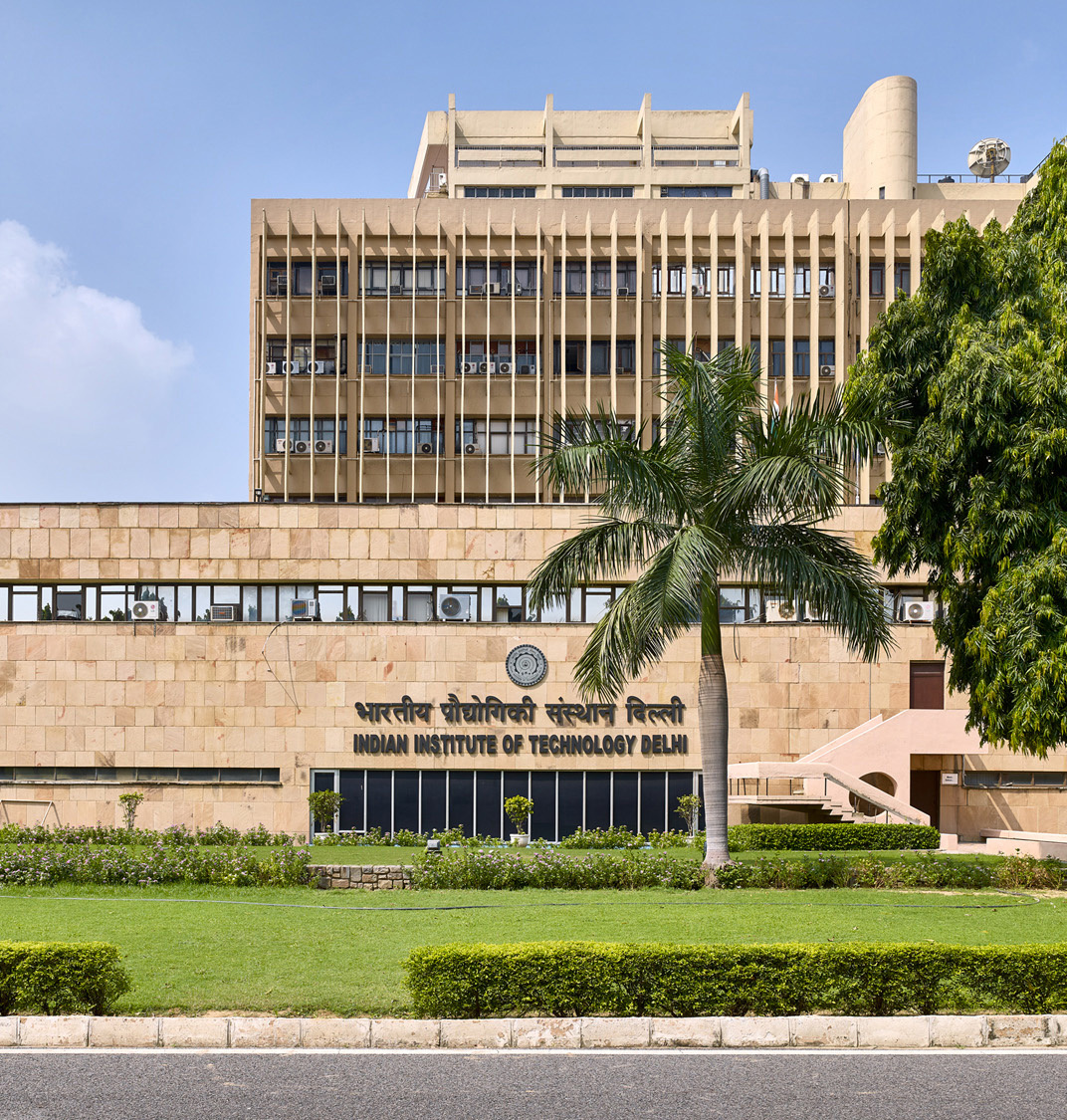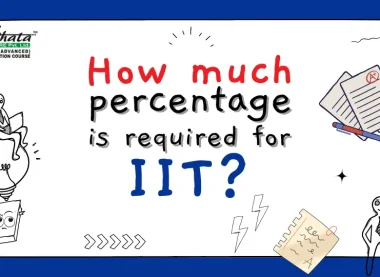The Indian Institutes of Technology (IITs) are prestigious educational institutions known for producing high-caliber engineers. However, there is often confusion about whether IITs are private or government institutions. In this blog, we will delve into the truth and explore various aspects of IITs as government-funded and supported entities.
I. Origin and Purpose:
The IITs were established as a government project to address the increasing need for skilled engineers in India. In 1951, the first IIT was founded in Kharagpur through the Institutes of Technology Act, of 1961. Since then, several more IITs have been set up across the country, making them prominent government initiatives aimed at fostering excellence in engineering education.
II. Government Funding and Support:
Contrary to the misconception of IITs being private institutions, they receive substantial financial support from the Indian government. This funding ensures that IITs maintain their world-class standards and provide students with a conducive learning atmosphere. The government grants support various aspects, including infrastructure development, faculty recruitment, research projects, and scholarships. These funds enable IITs to offer financial aid and scholarships to deserving students, making quality education accessible to a diverse pool of talent.

III. Autonomy of IITs:
Though IITs enjoy significant autonomy in their academic and administrative processes, it is important to note that this does not make them private entities. Boards of Governors, comprising eminent academicians and industry leaders, govern the IITs. This autonomy allows IITs to design their academic programs, set admission criteria, and establish research collaborations with domestic and international partners. It empowers them to explore and update their curriculum, attract exceptional faculty, and create an innovative environment.
IV. Recognition and Reputation:
The IITs are widely recognized as premier engineering institutions, both in India and internationally. Their rigorous admission process, competitive curricula, and high employment rates contribute to the public perception of IITs as prestigious government institutions. Additionally, the IIT alumni have achieved remarkable accomplishments in various fields, reinforcing the reputation of IITs as institutes producing top-notch graduates. It is noteworthy that IITs consistently secure top ranks in global university rankings, further solidifying their reputation.
V. Impact on Society and Industry:
IITs play a pivotal role in shaping India’s technological landscape. Their emphasis on research and innovation has led to groundbreaking discoveries and advancements that have impacted
society and the industry. IITs contribute to advancements in various fields such as science, technology, healthcare, and sustainable development. Moreover, IITs actively collaborate with industries, facilitating knowledge transfer, fostering entrepreneurship, and driving economic growth.
Conclusion:
In conclusion, the Indian Institutes of Technology (IITs) are undeniably a government initiative aimed at fostering excellence in engineering education. The misconceptions surrounding their ownership as private institutions are unfounded. IITs owe their existence and sustenance to substantial government funding and support, allowing them to maintain their world-class standards and produce top-notch engineers. By debunking these misconceptions, we can fully appreciate the significant contributions of IITs in developing India’s highly skilled workforce and shaping the nation’s future through research and innovation.






